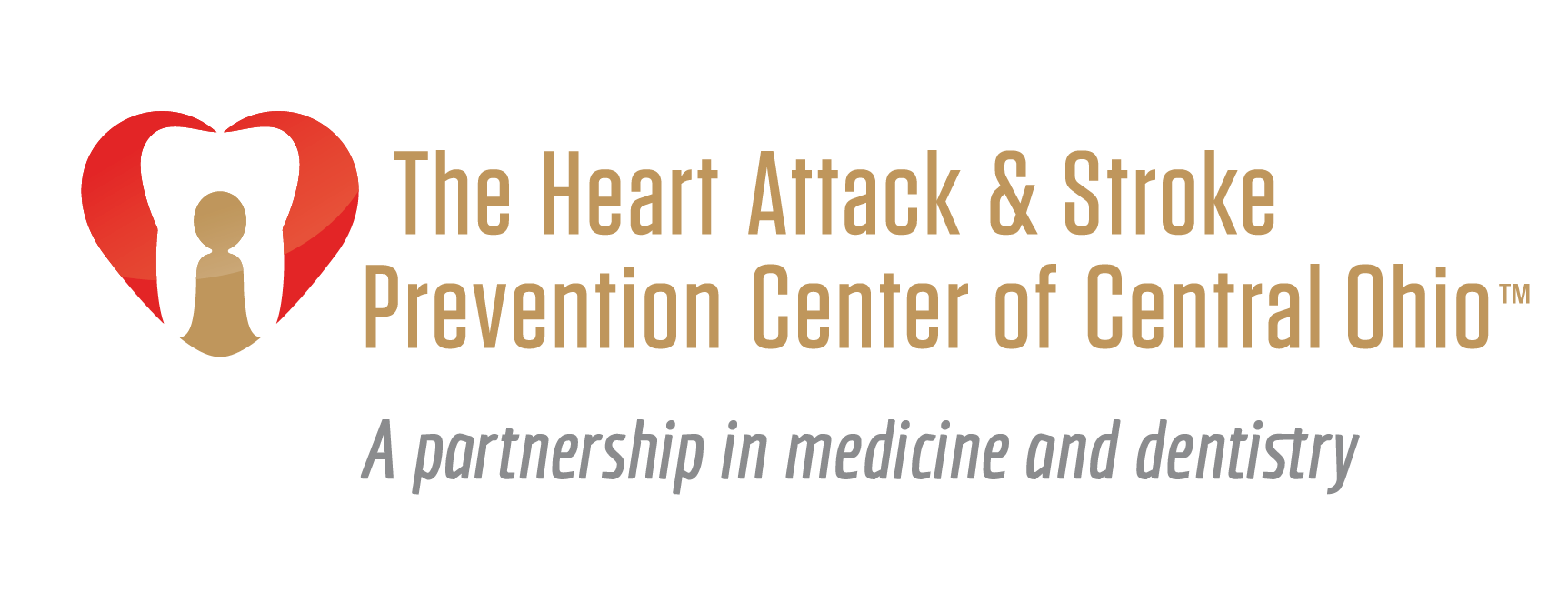Heart Talk - September 2017
- Eric Goulder, MD, FACC

- Sep 1, 2017
- 3 min read
Treating Inflammation - A New Era in Heart Attack & Stroke Prevention?
Heart-healthy and Stroke-free Living with Eric A. Goulder, MD, FACC

You’ve probably seen headlines hailing a new “wonder drug” as “the biggest medical breakthrough since statins” for treating heart disease. Gushing press reports also proclaimed that the drug, canakinumab, cuts risk for heart attacks, strokes, and cancer with a “revolutionary” approach — targeting inflammation, not cholesterol — according to clinical trial results released at a medical meeting on August 28.
What’s missing from the hype about “a new era” in treating cardiovascular disease (CVD) — the leading killer of Americans — is that there’s nothing “new” about targeting chronic inflammation. In fact, the BaleDoneen Method has been doing that exactly that for more than a decade as a crucial part of our science-based heart-attack-and-stroke prevention plan! Here’s a closer look at the study and key facts about arterial inflammation, which we call “fire.”
Who did this study and what did they find out?
The CANTOS clinical trial, sponsored by the drug company Novartis, was designed to find out if reducing inflammation in heart attack survivors lowers their risk for repeat CV events. Researchers from Brigham and Women’s Hospital randomly assigned 10,061 patients, all of whom had high levels of inflammation, to either receive canakinumab (given in either 50, 150, or 300 mg doses) or a placebo. All patients also received standard care, including cholesterol-lowering statins.
The team tracked the patients’ health for four years and reported a 15% drop in risk for CV events — including fatal or non-fatal heart attacks and strokes — in those who received 150 or 300 mg doses of canakinumab and a more than 30% drop in the need for bypass surgery or angioplasty to re-open blocked arteries. This group also had lower rates of cancer deaths, but slightly higher risk for fatal infections. The findings are considered preliminary until published in a peer-reviewed journal.
What’s the link between inflammation and heart attacks?
In 2012, two landmark studies published in Lancet were the first to show that chronic inflammation actually causes CVD. This fiery process is also at the root of many other debilitating or life-threatening conditions, including diabetes and cancer. In fact, it is more dangerous to your arteries than having high cholesterol!
As discussed more fully in the BaleDoneen book, Beat the Heart Attack Gene, heart attacks and strokes are triggered when a diseased artery becomes so inflamed that it can no longer contain the plaque smoldering inside. Like a volcano spewing molten lava, inflammation causes a breech in the artery wall, leading to the formation of a clot that blocks blood flow.
Our method uses inexpensive blood and urine tests to check for this fiery process, which is most common in people who are overweight, particularly if they are also physically inactive and/or smoke. Talk to your healthcare provider about inflammation testing, even if your cholesterol levels are normal. In one large study of people hospitalized for a heart attack, the majority had “normal” cholesterol and many had “optimal” levels under U.S. national guidelines.
Is canakinumab currently available for heart-disease patients?
Canakinumab, sold under the trade name Ilaris with a list price of about $200,000 a year, is currently FDA approved for treatment of a few rare conditions, but NOT for heart disease. It’s a monoclonal antibody — a type of drug that acts like a smart bomb — that targets an inflammatory substance called interleukin-1 beta (IL-1B).
As discussed more fully in the BaleDoneen book, Beat the Heart Attack Gene, some people carry IL-1A or IL-1B genes that heighten their response to inflammation, greatly raising their risk for CVD. In fact, their lifetime risk equals that of a smoker! A saliva test is available for check for these genes, which also quadruple risk for periodontal (gum) disease, making it particularly crucial for IL-1 gene carriers to get optimal dental care.
There are also several other genetic tests your healthcare provider can use as part of a comprehensive BaleDoneen assessment of your heart health. And if any of them show that you may be at increased risk for a heart attack or stroke, the potentially lifesaving news is that our method has proven strategies, including easy, heart-smart lifestyle steps, to prevent these events —without turning to a $200,000 drug!
Read the Full Newsletter!




Comments